How long have I loved Diana Rigg? My infatuation started in the 60s when I was young and impressionable and she was cool and accomplished playing Emma Peel in The Avengers. And it has continued into my late 50s, when I watched her slay the baddies on Game of Thrones, both verbally and literally, in the case of the monstrous King Joffrey.
I am beyond sad to hear she passed away today at age 82. But I rejoice that she left such a momentous mark on popular culture and changed the way women like me thought about ourselves. We could be sexy, beautiful, and smart; we could have great adventures, fight like a man, and wear all black. When I was 10 I had my hair cut to look like hers in The Avengers, though my bob never really looked the same since I had boisterous cowlicks and the attention of…uh, well a 10-year-old, when it came to hair maintenance.
Awesome Olenna
Every time I saw her in films or TV as an adult, I was filled with joy and relief that she was still in the game, still looking like an aging woman should look. And then when she appeared in my favorite TV series, Game of Thrones, I knew we were in for some good sly fun.
As Olenna Tyrell, she had a similar role to Maggie Smith in Downton Abbey, the dispenser of steely asides and comebacks. Though the stakes were a lot higher for Tyrell’s character, plotting the fate of kingdoms rather than the marriages of granddaughters.
Her final line in the series, “I want her to know it was me,” has been called the greatest mike drop in Game of Thrones history. Who can really disagree? However, I have two other favorites. “Anything from you? No? Good. Let the grown women speak,” she said at one of the many Westeros pow-wows she attended, emphasizing that it was the women who held a lot of the cards in the kingdom.
Another juicy one: “I’ve known a great many clever men. I’ve outlived them all. You know why? I ignored them.”
Private Diana
One thing Rigg had in common with her character Olenna Tyrell is that she believed that women had superior qualities to men. “Women are in a much stronger position than men,” she said in an interview in 1969.
She also fought for equality, from early on. For her second season of The Avengers, she held out for, and got, a substantial pay raise to be on par with her co-star Patrick Macnee. “Not one woman in the industry supported me,” she told The Guardian newspaper in 2019. “But I was painted as this mercenary creature by the press when all I wanted was equality. It’s so depressing that we are still talking about the gender pay gap.”
It’s so depressing too that we won’t have Diana Rigg to speak her mind–on screen or as herself–any longer.

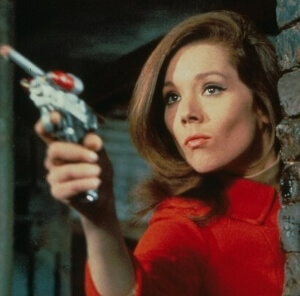
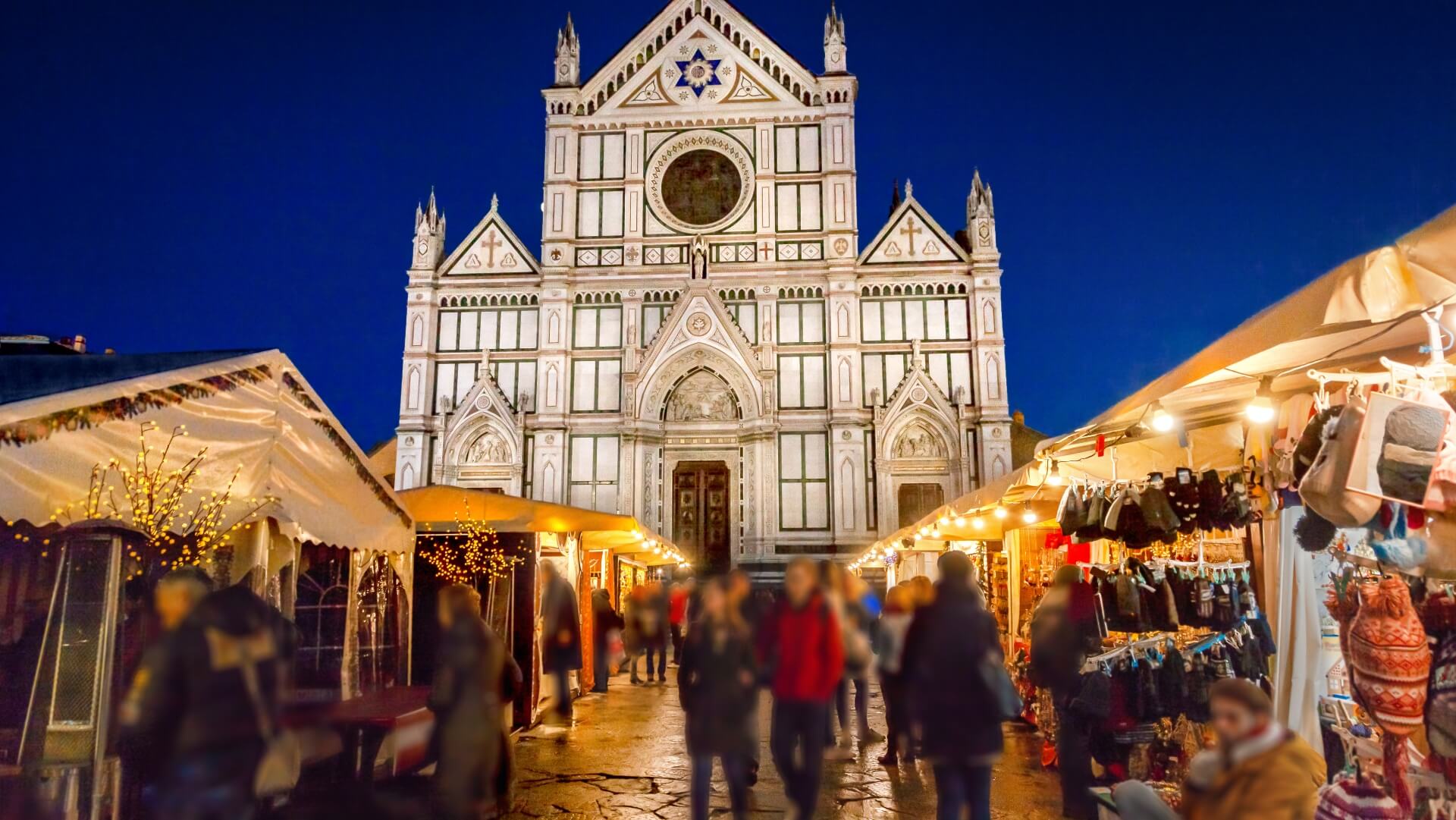
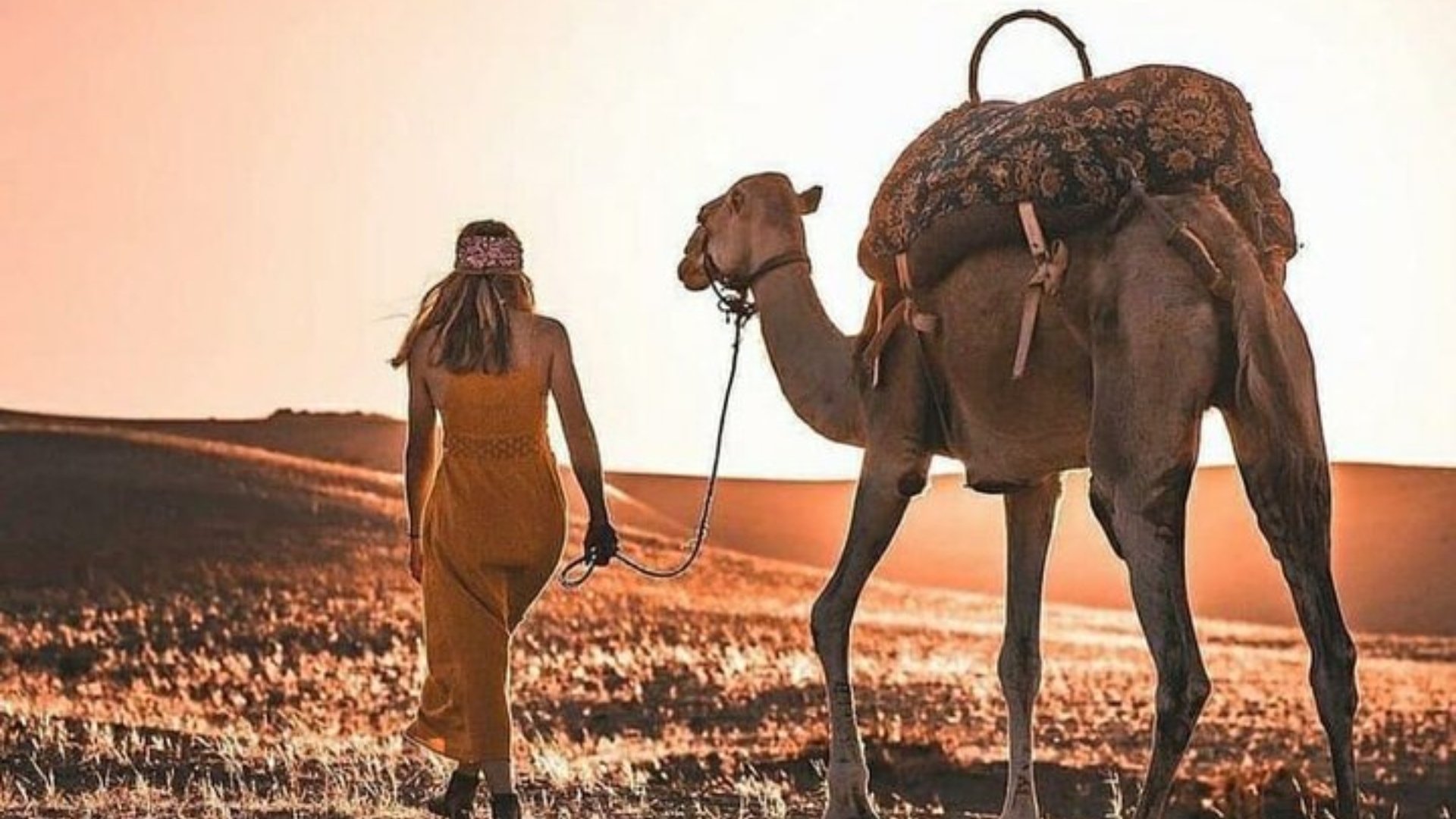


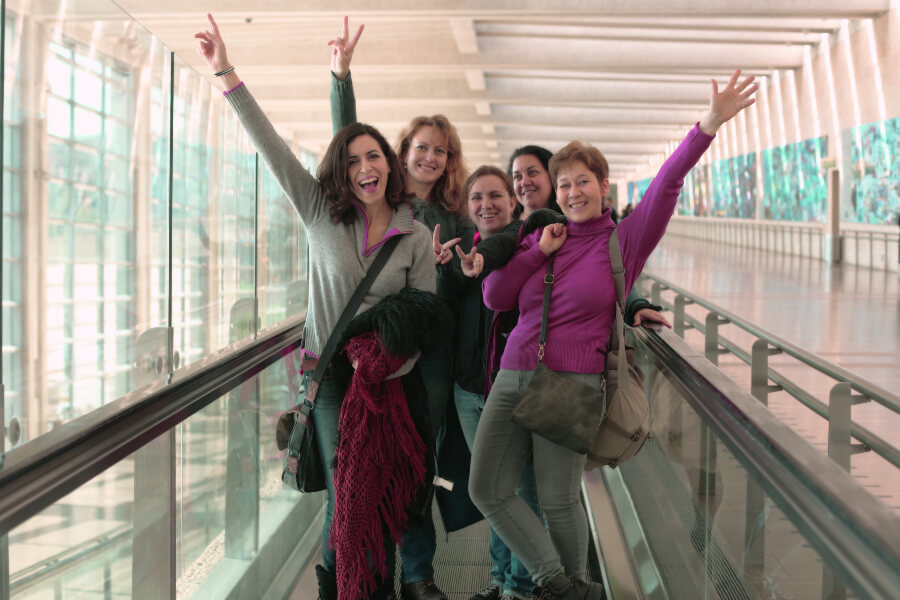
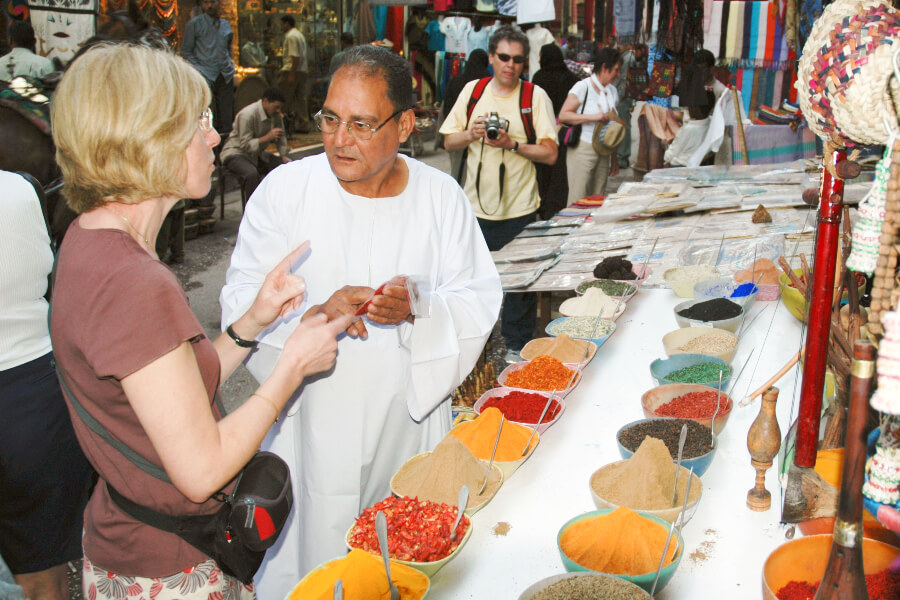
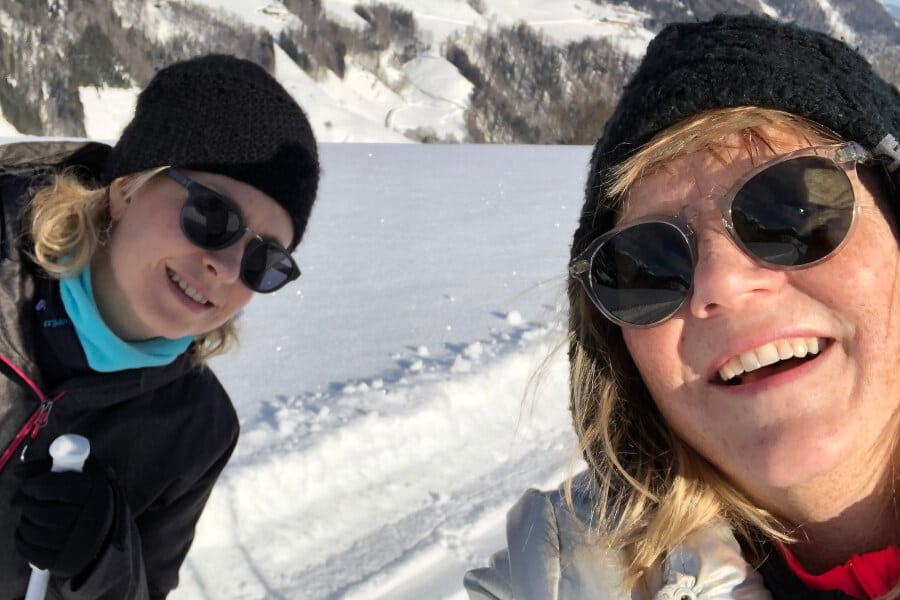
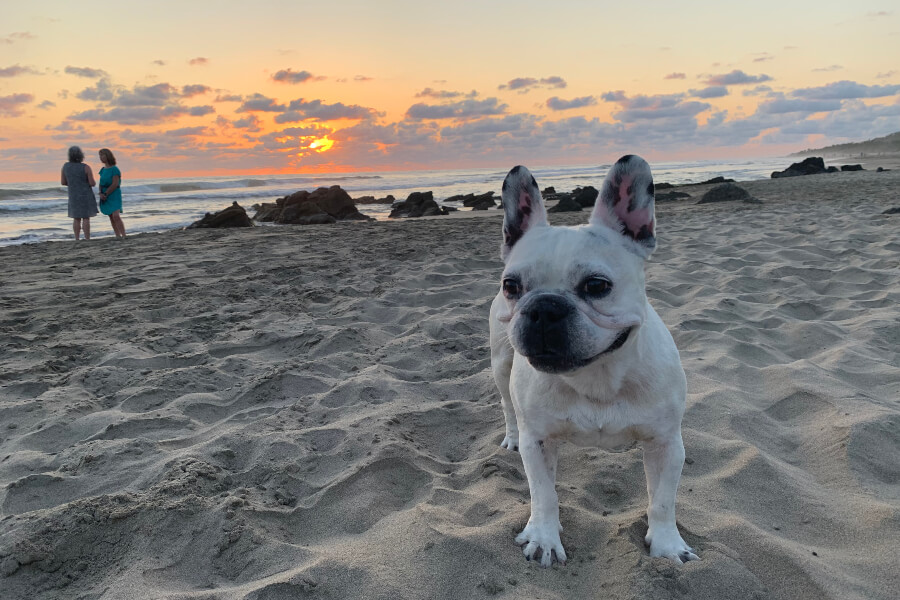
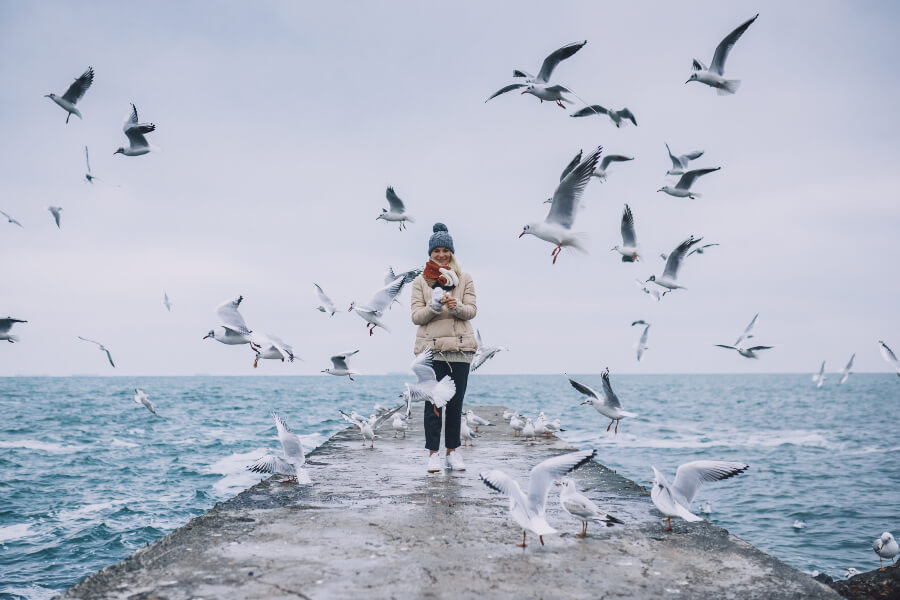
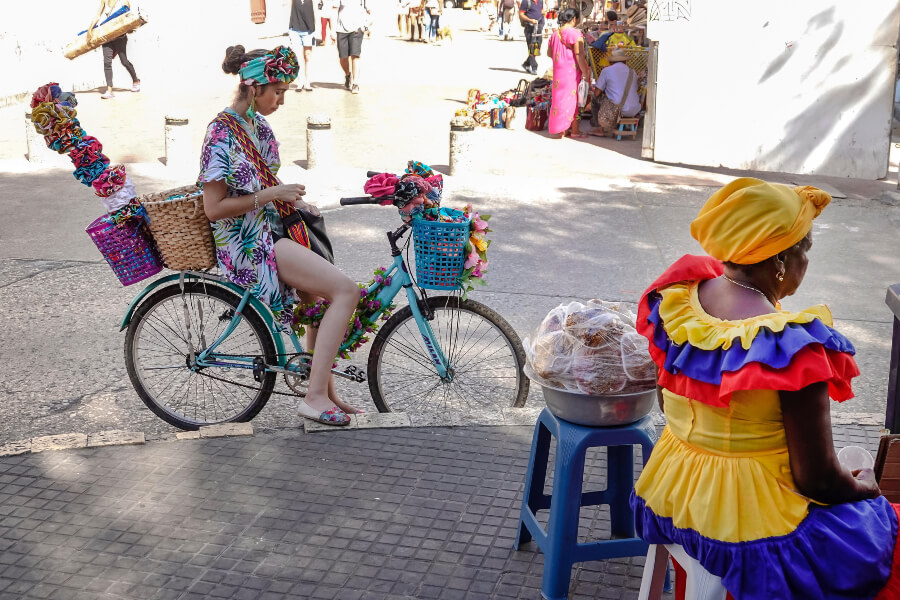

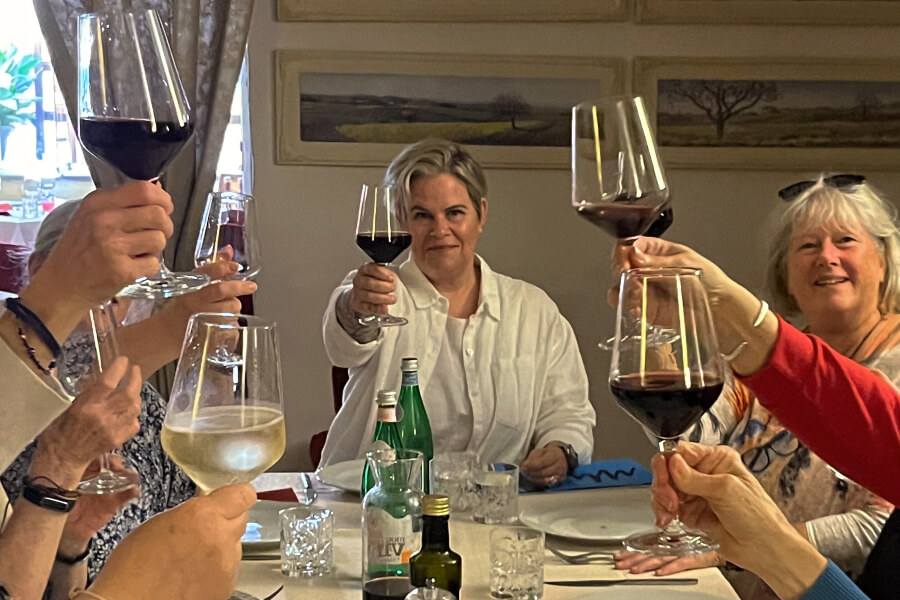


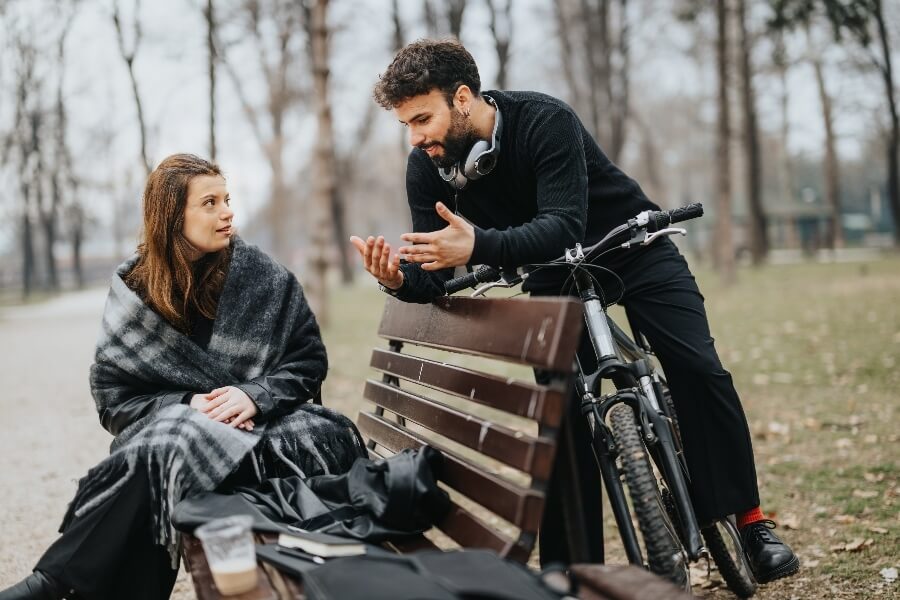
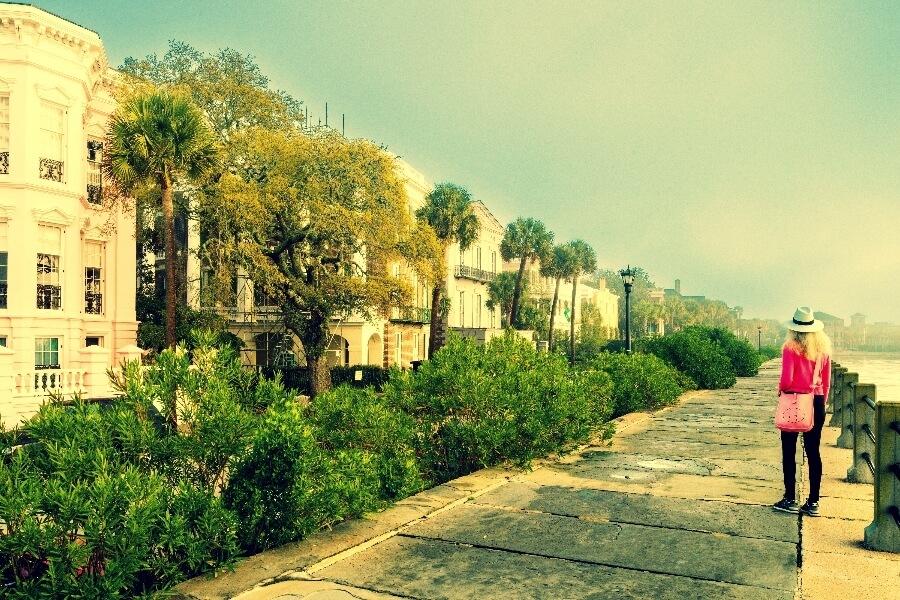

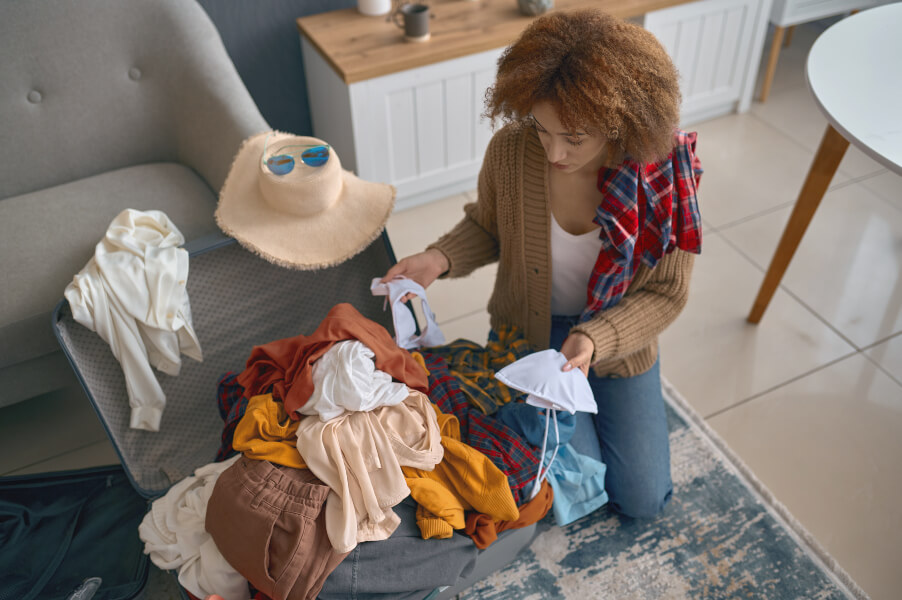
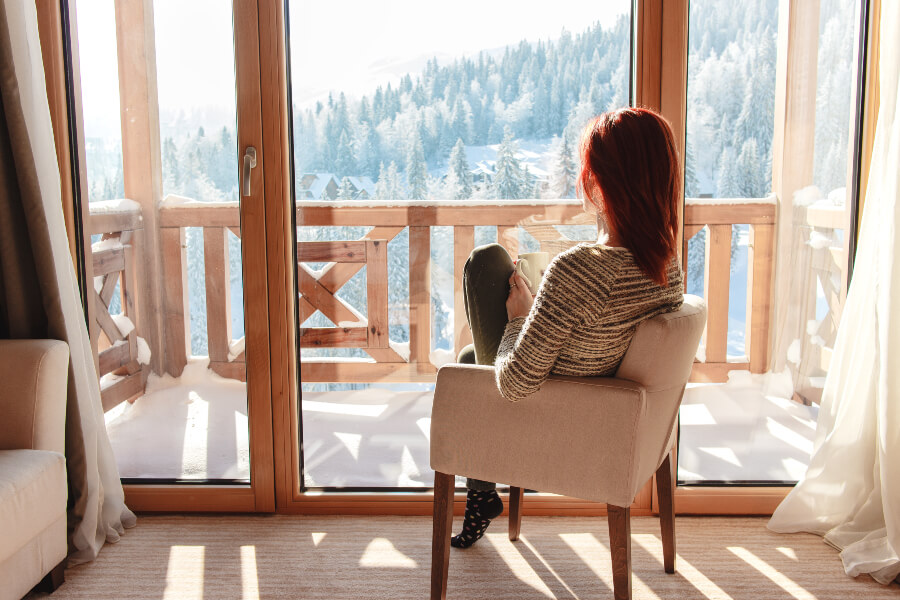
0 Comments